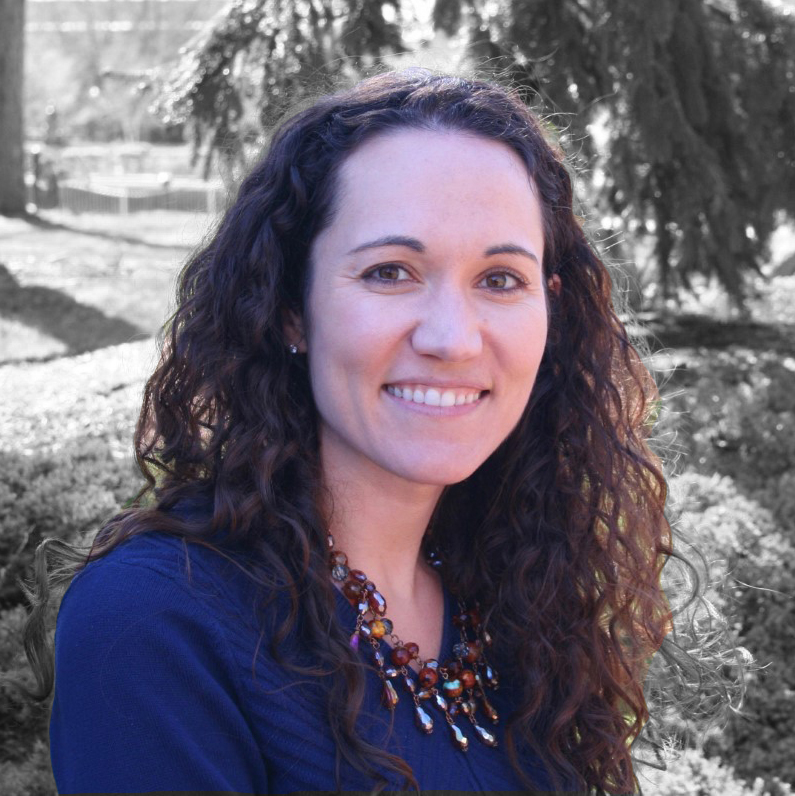New ImpSci Grants Look to Stem Opioid Deaths, Improve Addiction Services
In about the same amount of time it takes to brew a pot of coffee, another American has died of an opioid overdose. Northwestern researchers believe implementation science can help.
“The most recent CDC statistics show that the number of people dying annually from overdose in the United States has exceeded 100,000 — more than 75,000 from opioids,” says C Hendricks Brown, PhD, professor of Psychiatry and Behavioral Sciences in the Division of General Psychiatry and Medical Social Sciences. “There has been a growing recognition that these unacceptably high rates are due not from a lack of effective prevention or treatments, but rather from absent or inadequate delivery systems. By bringing in modern implementation science approaches to the field of addiction and partnering with local decision makers, we intend to reduce these deaths in specific communities so that other communities can follow.”
Brown and Sara Becker, PhD, Inaugural Director of the Institute for Public Health and Medicine Center for Dissemination and Implementation Science and the Alice Hamilton Professor of Psychiatry, are principal investigators of a new $15.8 million, five-year implementation science center grant. The other principal investigators of the grant are Mark McGovern, PhD, of Stanford University, and William Becker, MD, of Yale University.

I am thrilled to be able to partner with Hendricks Brown and our colleagues at Stanford and Yale. These centers will also greatly accelerate our vision of becoming national leaders in implementation science at Northwestern Feinberg School of Medicine.”
The new Research Adoption Support Center is funded as part of the National Institute on Drug Abuse (NIDA) HEAL Data2Action Program, which is designed to promote real-time use of data to inform services for opioid-use disorder and pain management. The mission of the center is to provide coordination and implementation science (ImpSci) expertise to the network of HEAL Data2Action Innovation Projects. Specific activities include helping funded projects select evidence-based practices, implementation strategies, and implementation outcomes; engaging key stakeholders; leading a formative evaluation of the Heal Data2Action program; and conducting rapid-turnaround research projects on emergent priority topics.
Brown and Becker are also on the leadership team of a recently awarded $10 million P50 NIDA grant focused on dissemination and implementation of effective addiction services.
“I am thrilled to be able to partner with Hendricks Brown and our colleagues at Stanford and Yale to lead the Research Adoption Support Center,” says Becker. “The combination of this new center and our new P50 presents an unparalleled opportunity to advance the dissemination and implementation of effective addiction health services. These centers will also greatly accelerate our vision of becoming national leaders in implementation science at Northwestern Feinberg School of Medicine.”
I am invigorated by these new missions and the resources that will be available and am delighted that my colleagues and I have this opportunity to work with Sara Becker, as well as the team of experts in implementation science at each center.”

As the first implementation scientist to receive a Method to Extend Research in Time (MERIT) Award from the National Institute on Drug Abuse, Becker’s research promotes the uptake of evidence-based practice into routine clinical care. A key focus of her work is developing, adapting, and evaluating multi-level implementation strategies to promote sustainable organizational change. Her research interests also include digital health, direct-to-consumer marketing, and workforce development.
Brown is a renowned expert in implementation science and prevention methodology research, a field he helped develop. He has a strong interest in developing new methodology for producing generalized knowledge about behavioral interventions, including developing innovative research designs for effectiveness, conducting mediational analyses, designing and carrying out implementation trials, and modeling the effects of implementation strategies.
“These new grants begin a second chapter in developing and moving implementation science to practice,” says Brown. “I am invigorated by their missions and the resources that will be available and am delighted that my colleagues and I have this opportunity to work with Sara Becker, as well as the team of experts in implementation science at each center.”
Written by Roger Anderson




